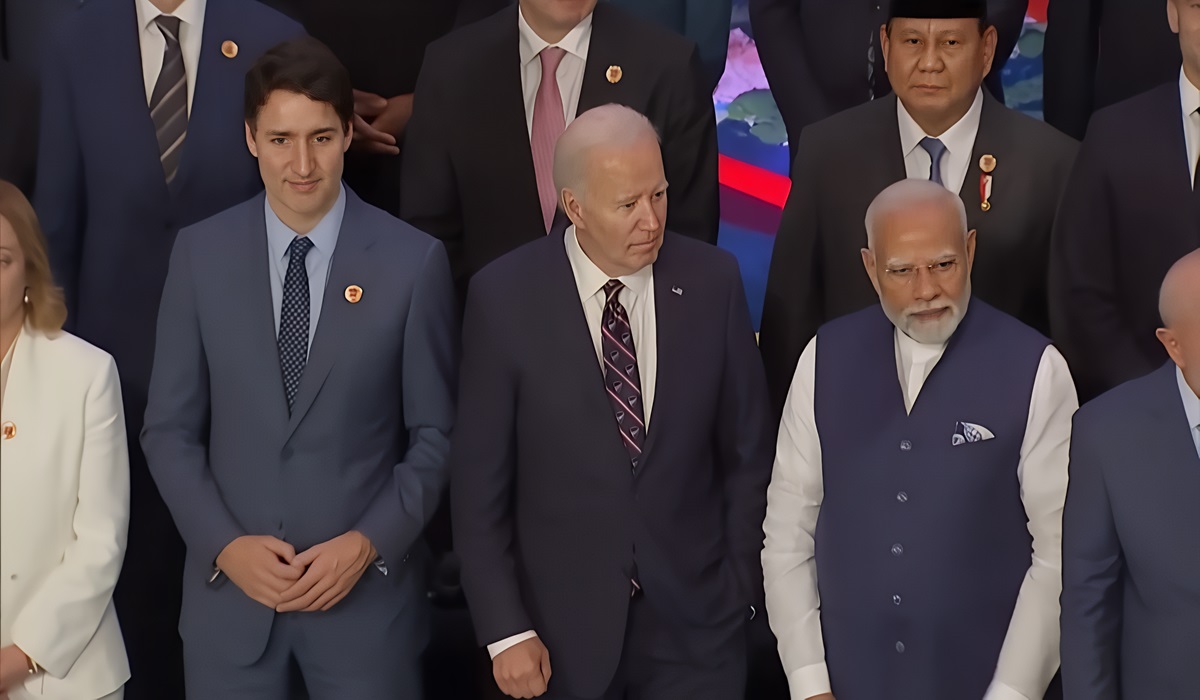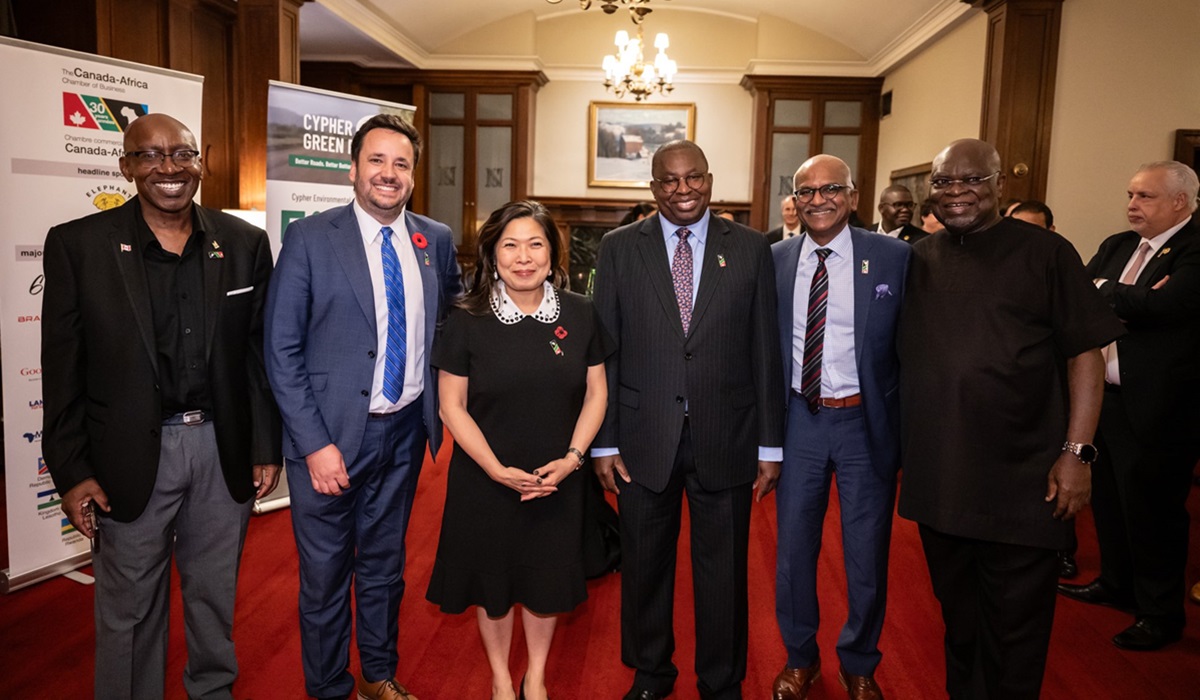Working from home is now the new normal
(NC) If you live in a remote Canadian community or even a rural area, you know just what a challenge it is to access healthcare. Now, amidst pandemic-lockdowns and the risks of exposure, even a short hospital visit or checkup are worrisome.
Thanks to streaming video and the ease of instant messaging, healthcare can now come to you. Not to be confused with telehealth, virtual healthcare lets physicians and nurses conduct many of the appointments, checkups and post-procedure examinations that previously needed to be in person, with an internet connection.
Virtual care means not having to travel from your home all the way into the city to a crowded hospital or clinic for a doctor to answer your questions about your diagnosis or treatment plan, or get a post-surgery checkup. It means staying safe from COVID-19 and helping prevent its spread, without having to compromise on the quality of your healthcare. It means fast, personalized, face-to-face care from a real person who can answer your questions and even examine you, no matter where you call home.
But virtual care relies on fast, reliable internet access, something many rural and remote communities don’t have. Fortunately, that’s changing.
The Universal Broadband Fund (UBF) is a government program supporting high-speed internet projects across Canada, with a focus on underserved rural and remote areas. The project launched in November 2020.
Look for Rapid Response Stream projects in your area — they’re on a much faster timetable than other UBF projects, slated for completion by the end of 2021. For the rest of the country, the UBF is committed to connecting 98 per cent of households no matter how remote by the end of 2026.
Projects will take different forms in different communities, as everyone’s needs are different. But with fast reliable internet will come unprecedented access to fast reliable virtual healthcare.
Better internet access will help build stronger and more resilient rural communities. Now more than ever, retaining connections is vital to communities everywhere. Rural and remote areas have been underserved and disconnected, and help is on its way. www.newscanada.com









